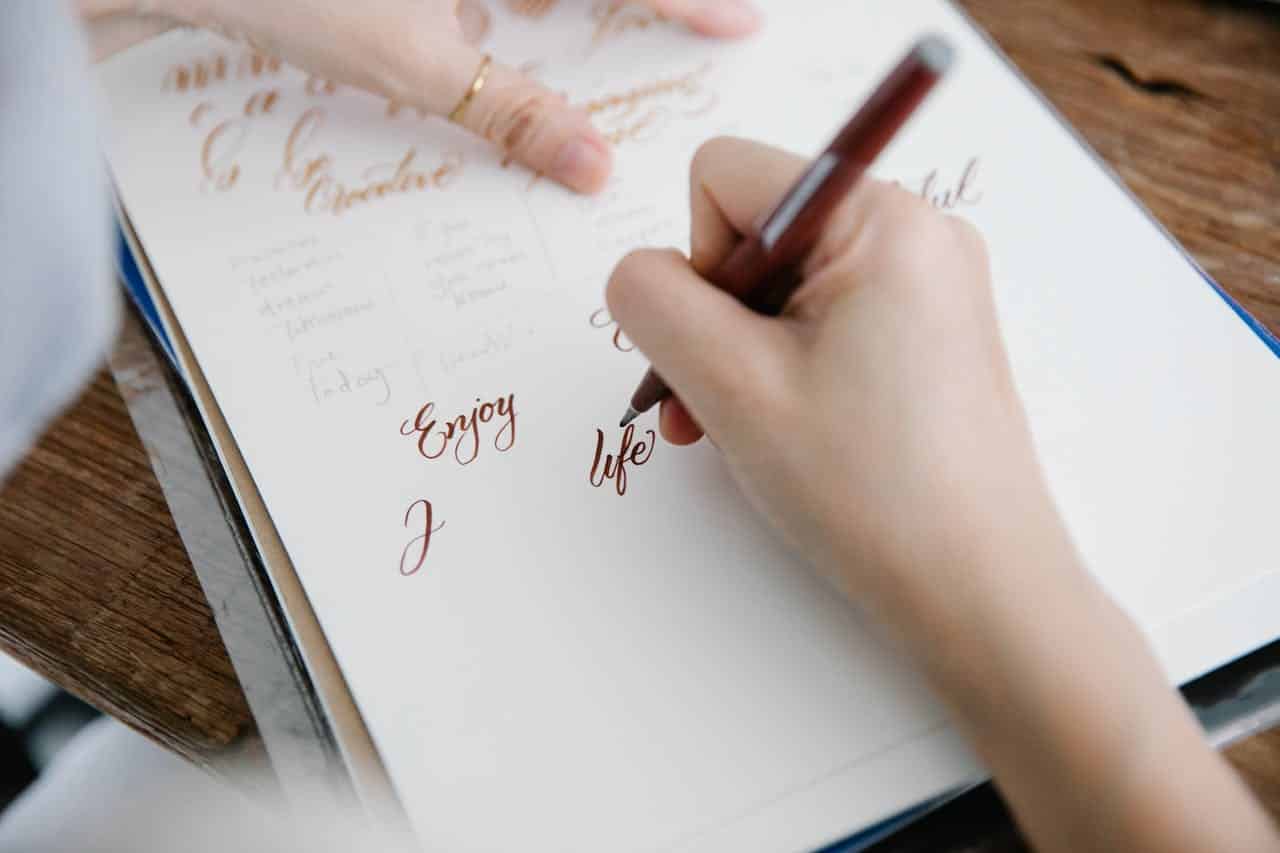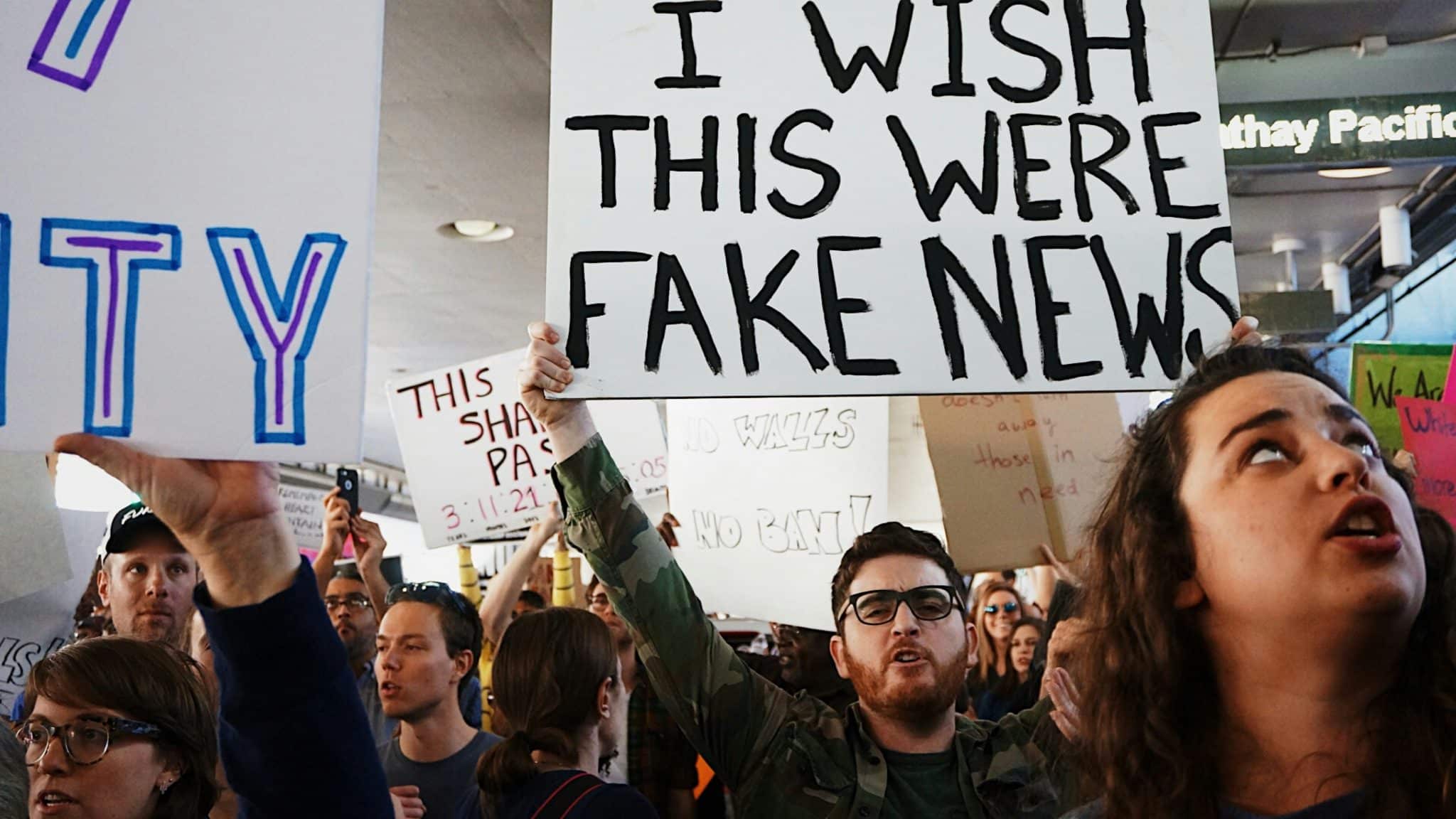Emily Mandel: Finding the Focus for Uninterrupted Writing

At Freedom, we love our users – not just because they use our product, but because they’re cool – cool people working on cool stuff. Academy Award-nominated screenwriters, bestselling authors, editors, journalists, developers, illustrators, designers, academics, coaches, podcast hosts, comic book writers, students, and entrepreneurs – the Freedom community is packed with curious, creative, and passionate go-getters. We love to share their stories, advice, and process because how better to learn about productivity than from the productive?
Meet Emily Mandel.
Emily St. John Mandel is a bestselling author and Freedom user whose writing has been translated into 33 languages. Emily’s previous novels include Station Eleven, which was a finalist for a National Book Award and the PEN/Faulkner award, and won the 2015 Arthur C. Clarke Award and the Morning News Tournament of Books. Her fifth and most recent novel, The Glass Hotel, was published in March and is an exhilarating novel set at the glittering intersection of two seemingly disparate events – a massive Ponzi scheme collapse and the mysterious disappearance of a woman from a ship at sea. It was also named by The New York Times as one of the “20 Books We’re Watching For in 2020.”
So this week we sat down with Emily to learn a little more about how she beats distraction to focus on the writing that matters most.
How did you know that you wanted to be an author what were your first steps in making this your career? Essentially, how did you get to where you are today?
I took a circuitous route to my current career. I trained intensively in ballet when I was growing up, and then graduated from a conservatory program in contemporary dance. But what I found after I graduated, when I was 21, was that after all those years of training to be a dancer, there was somehow no more joy in dance. I just didn’t want to be a dancer anymore.
I’d always written as a hobby, mostly just fragments of stories and poems that I never showed to anyone. In my early twenties I started to take the writing more seriously, and began what eventually became my first novel, Last Night in Montreal. But that book didn’t sell many copies, because it was published by a very small press, so it was a long way from there to my current career. The thing that truly changed my life and career was the publication of my fourth novel, Station Eleven. My fourth novel was the first one that was widely read.
At what point did you realize that tech was taking a toll on your productivity, time, and relationships? When did you know that you had to do something about it?
I had a sobering episode in my early twenties where I had to leave my laptop in a repair shop overnight, so I was without a computer for twenty-four hours, and this was long before I had a smartphone, so I was cut off from the internet. I went home that evening after dropping off my laptop, sat at my desk, picked up a pen and some scrap paper, and wrote twenty pages of fiction. It was so wonderful to not be distracted by the Internet. It’s not too much to say that I was actually a little haunted by that episode. I kept thinking, “what could I be accomplishing if it weren’t for the internet?” I started using Freedom as soon as I found out about it.
How do you prioritize what gets your time and attention each day?
There are the non-negotiables—spending time with my daughter and going to the gym—and then the rest is basically triage. I work on whatever thing has the soonest deadline. But I had an interesting conversation recently with a friend who’s engaged in a similar kind of work—she’s a writer/filmmaker/actor—and she was talking about trying to find a way to pursue those things in a manner that feels less punitive, which resonated with me. Lately I’ve been trying to find a way to bring more joy into my working life—like, just because I have to do X which has a deadline of next week, does that automatically have to mean that I can’t do Y, which has a further deadline (or no deadline at all) and that makes me happy when I think about it?

How do you stay focused and motivated on a daily basis? Do you have a routine, ritual, or process that helps to get into a productive flow?
My routine doesn’t vary much from day to day. The day always starts with walking. Every morning my daughter and I walk to preschool together—which takes some time, because she needs to stop frequently to collect acorns and random leaves for her “collection”—and then I drop her off and go to the grocery store, where I pick up dinner ingredients and whatever else I can carry home without putting my back out, then once home I make some coffee and start working. I have a treadmill desk, so sometimes if I’m doing the kind of work that I can do while walking, like emails or scheduling or certain kinds of editing, I’ll be able to get a reasonable amount of exercise at my desk; other days, if I’m doing the kind of work I can’t do while walking (e.g. actually writing fiction, which requires way more concentration than email), I’ll take a break at some point to go to the gym. Either way, work stops at 3:30 so I can pick up my daughter by 4pm.
I like to listen to music when I’m working—mostly ambient electronica, usually Moby or Max Richter or Kyle Bobby Dunn—and I find that starting the music right away helps me get into a productive flow much more quickly. Also, I think parenthood has probably made me a little more focused than I used to be; a condition of parenthood is that there’s just much more to do in much less time, so by necessity you get good at snapping into work mode pretty quickly. I waste much less time than I used to.
How do you optimize your environment for productivity and focus? How do you incorporate Freedom into your schedule?
I turn on Freedom when I notice that I need it—e.g. If I find myself immersed in the New York Times instead of working. I always do a two-hour session, which is usually enough time to get a lot of work done before I feel like I have to look at my email again.
What is the most difficult or challenging aspect about your work or working process? Do you have any strategies that you use to help overcome these challenges?
I think the most challenging thing I deal with is a challenge most of us face: how to balance blocks of uninterrupted work time with the necessity of being on email, and also how to balance the necessity of getting serious work done while fighting off the distractions of the modern world.
What projects are you currently most excited about?
I’m excited about the TV project that I’m working on. It’s an adaptation of my new novel, The Glass Hotel. I’m writing the pilot episode. There’s a certain amount of pressure attached to the new book, because my previous novel (Station Eleven) did really well, so I took on the TV project in a very conscious effort to distract myself, so that I couldn’t obsess too much about the book publication. I have to say, it’s worked very well—writing for TV under deadline is extremely distracting. I love writing novels, but after five novels, it’s been fun working on something completely different.

What do you do outside of your work routine that helps you stay healthy and productive?
I think that exercising every day is the single best change I’ve made to my routine in my entire life. I’m also careful to get enough sleep, which means being in bed by 11pm, since there’s no scenario where my daughter will let me sleep past 6am.
Where are you currently based?
New York City.
To learn more about Emily or her books, you can visit her site at EmilyMandel.com.


